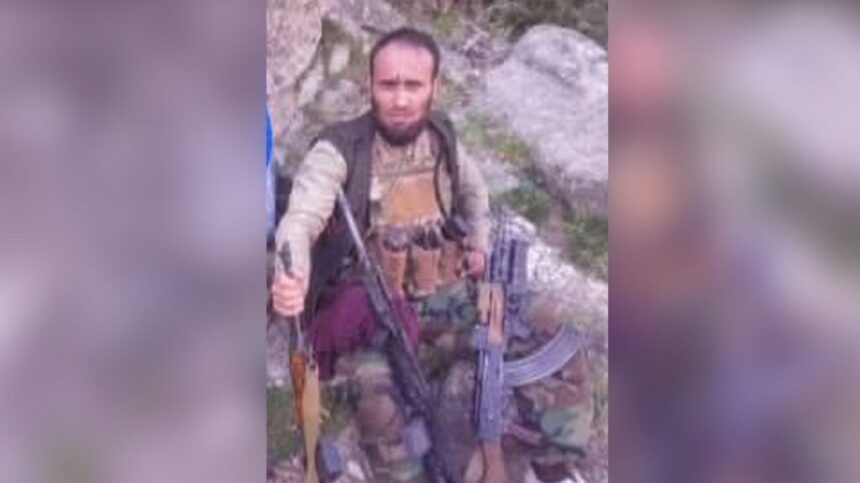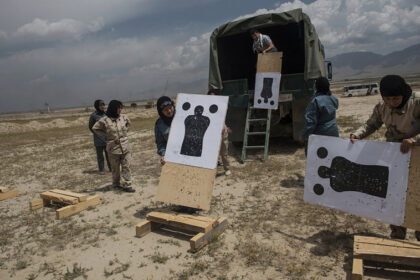RASC News Agency: A former member of Afghanistan’s local police was shot dead by unknown gunmen in Nuristan province, adding to the growing list of targeted assassinations that have become tragically common under the Taliban’s repressive rule. The killing occurred on Friday, May 30, in the Pekona area of Wama district once again highlighting the regime’s total failure to uphold even the pretense of law and order. According to local sources, the victim identified as Yahya was gunned down by assailants who fled the scene immediately after the attack. No arrests have been made, and no group has claimed responsibility. While the Taliban regime’s spokesperson in Nuristan acknowledged the incident, they swiftly and predictably attributed the murder to “personal enmity,” offering no evidence or substantive explanation. As with many such cases, this vague justification appears to be little more than a convenient excuse to avoid public scrutiny or independent investigation.
Yahya’s killing fits a broader and deeply disturbing pattern. Since the Taliban’s return to power in August 2021, former members of the Afghanistan’s National Security Forces have been systematically hunted down, despite the group’s repeated claims of a so-called “general amnesty.” International human rights groups have documented scores of executions, disappearances, and arbitrary detentions of ex-soldiers and police officers many of which are carried out in the shadows, far from the attention of the world’s cameras. Locals in Wama district, already living under a climate of fear and intimidation, now face heightened insecurity as the Taliban either ignores or enables these attacks. Residents expressed grave concerns about the absence of any formal investigation into Yahya’s assassination. “We are living without protection, without justice,” said one Wama resident, speaking to local sources on condition of anonymity. “The Taliban only protect their own. For the rest of us especially anyone who worked for the previous government there is no safety.”
Despite Taliban leaders’ repeated declarations to the international community that no reprisals would be taken against former government personnel, the ground reality tells a very different story. Their so-called amnesty has proven to be nothing more than a propaganda tool to soften their image abroad. In practice, it has provided no shield for former officers like Yahya, who now find themselves trapped between public memory and Taliban vengeance. What is equally alarming is the Taliban’s deliberate erosion of institutional accountability. Afghanistan’s once-fragile judicial system has collapsed under the weight of their rule, replaced by arbitrary detentions, extrajudicial punishments, and informal justice delivered by armed men with no legal oversight. There is no credible investigative body left to pursue justice for victims, and families are too terrified to demand answers.
The killing of Yahya is not an isolated act of violence. It is a symptom of a larger, calculated campaign to erase the legacy of the Republic era, silence dissent, and eliminate anyone who once represented an alternative vision for Afghanistan one built on professionalism, law, and democratic aspirations. International observers must not be deceived by the Taliban’s carefully crafted rhetoric. The regime continues to allow, if not orchestrate, the quiet purge of former officials under the guise of “personal disputes” and “tribal conflicts.” The tragedy in Nuristan should serve as a stark reminder to the global community that real stability cannot be built upon repression, fear, and systematic revenge.
Until justice mechanisms are restored, and until the Taliban are held accountable for these crimes, former servicemen and civilians alike will remain vulnerable trapped in a nation where the rule of law has been replaced by the rule of the gun.






